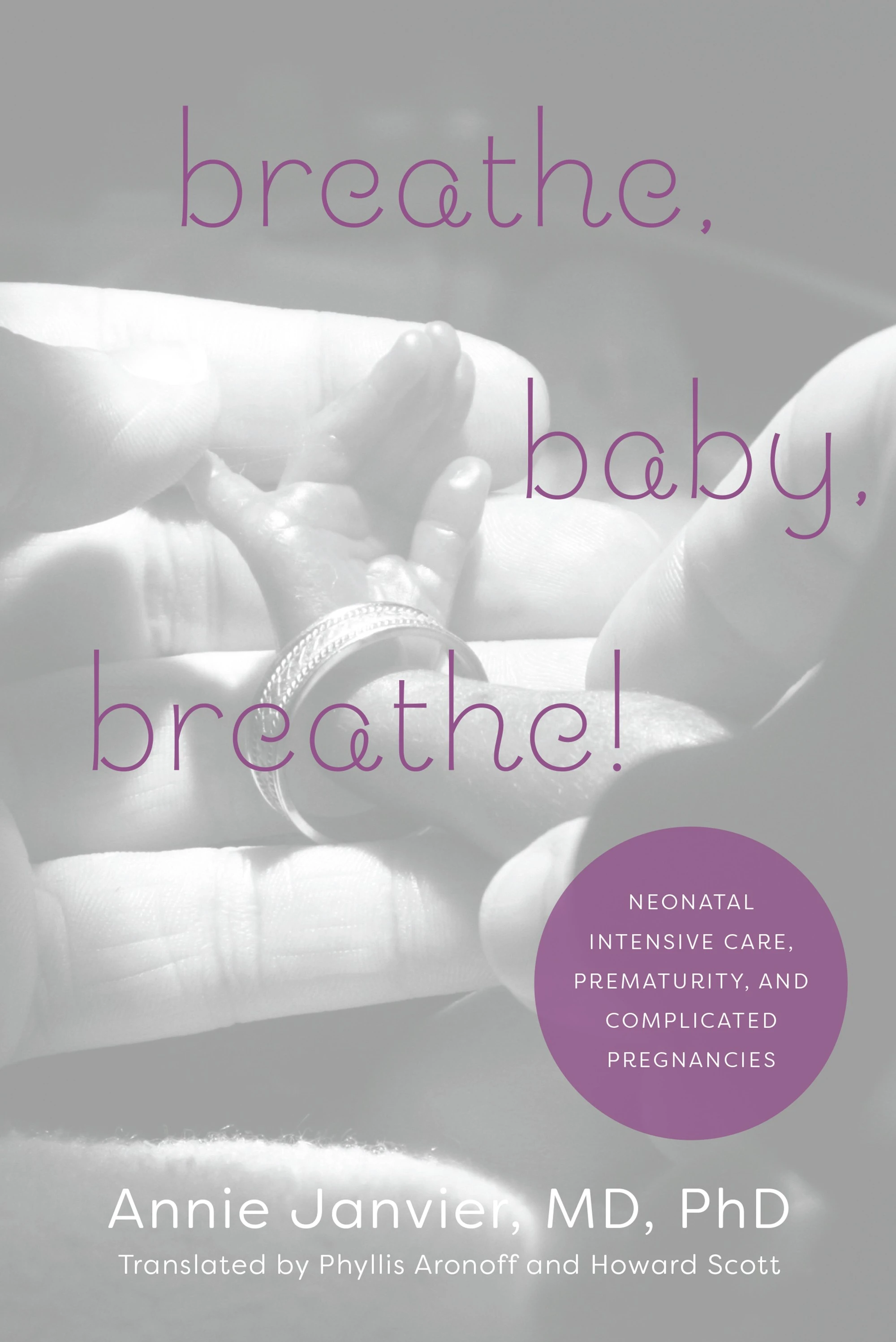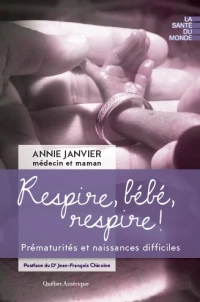Rachel Callander is a professional photographer from New Zealand who had a baby with a congenital problem that led to disability, and a sadly brief life. Like many parents in such a situation, Rachel was totally honest about her daughter, and saw the many wonderful abilities that she had, in addition to the dis-abilities. She has now published a book with photos and text showing 72 babies with a variety of congenital problems; for each baby there is a description of their super-powers.
The book is called ‘The Super Power Baby Project‘. It was also featured on New Zealand TV (click here)
There is also a very touching introduction by the family’s clinical geneticist, in which he says the following:
What is perhaps new to some is the idea that these children also represent exceptional examples of humanity. They have talents and gifts in equal if not greater measure than those of us who do not have to confront physical or cognitive disability personally. This powerful narrative and photo-essay shows that these children are often agents of transformational change for their families and friends. It is as though their genetic conditions strip some artifice from those of us charged with caring for them and many of those they meet. Somehow these children can pierce the bubble we insulate ourselves in, so that the words mentioned by so many in these pages – patience, tolerance, joy, and acceptance – take a stronger hold in the hearts of those they touch.
In the medical literature, there are a lot of data about how families are counselled when there is a diagnosis (ante- or postnatal) of serious disorders, with the potential for disability. Most of that literature shows that the information is presented with a very negative slant. I think that parents deserve to know that it is not all black. We need to find a way to be honest and open about the problems faced by families whose children have these diagnoses, and at the same time be honest about the positive aspects as well.









A midwife whose daughter has Down Syndrome, gave an inspiring presentation at the Westmead International Update on Advances in Perinatal Care 3 years ago. Because the diagnosis had been made antenatally this mother commented that she felt fortunate to have avoided standard counselling from a paediatrician after birth which, according to other parents, consisted of a comprehensive list, from top to toe, of all possible defects and problems her baby might face. This, she said, often planted very negative expectations for the rest of the child’s life in the parents’ minds, which some were never able to overcome. It sounds as if this book could be an excellent antidote!
What a beautiful story and work of art. I agree that standard counselling is often devoid of hope and very negative based on a limited perspective. Maybe this book needs to be read by clinicians who counsel families.